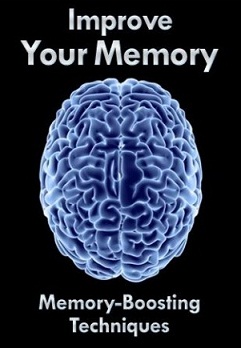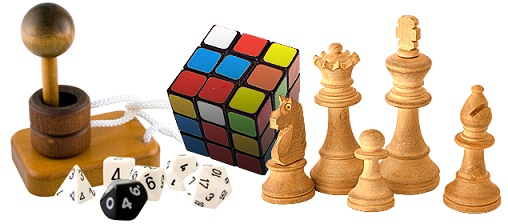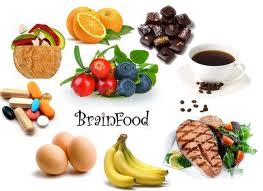
The fact is true that memory decreases as we get older. The hippocampus, area of the brain liable for creating memory, loses five percent of its nerve cells with each passing decade. In addition, aging slows production of acetylcholine, neurotransmitter fundamental to learning and memory. Based on such facts, scientists once thought that person's mental skills peaked early in adulthood, and then went downwards from there. But over last few decades, study has discovered that adults' brains are still able to form novel, memory-building neural networks in the process called as neuroplasticity.
Stop multitasking
One explanation people cannot memorize where their keys are, is they are not giving attention when they place them, says Mark McDaniel, PhD, a psychology. His proposal for always finding them is "When you place them, stop and say orally, 'I am leaving my keys on my dresser,'" or anywhere you are placing them. Research illustrate that it takes 8 seconds to completely commit the piece of information to memory, so focussed on task at hand is vital. It is remarkable how hard it is to perform one thing at a time. Attentiveness takes work.

Play brain games
Puzzles like Sudoku and crosswords may enhance memory and hinder brain decline, although experts are not yet sure why. Playing them stimulates synapses in the entire brain, comprising the memory areas. Study so far is definitely mixed: Some researchers discovered found that, while solving crossword puzzles may improve at recalling the capital of Burkina Faso, there is little proof they will increase performance at more universal tasks, like remembering where the car is parked.
Master a new skill
Recent Swedish research discovered that adults who learned the new language illustrated enhanced memory for people's names, among other things. Some activity which is practiced diligently, like knitting or skiing, will probably have this consequence, researchers say.
Get more sleep
Researchers at the University of Pennsylvania have found that dropping half a night's rest—3 or 4 hours—on just one evening can decrease memory. And journal Nature Neuroscience recently stated that one way to slow erosion in aging adults is to enhance the length and quality of sleep. During deep sleep of eight hours or more, it is supposed that brain moves memories from temporary to longer-term storage. However according to Centers for Disease Control and Prevention, one third of us get less than 7 hours night. Nothing had better effect on memory than that long stretch of sleep.
Use mnemonic devices
These are essentially memory equipments which give meaning and organization to arbitrary group of words or concepts. They could be the short form (BOG for "Buy oranges and grapes"), loud visualization (visualizing a huge stethoscope to keep in mind a doctor's appointment) Memory winners also love portion, or breaking the big amount of information into more convenient nuggets.

Eat right foods
Memory super foods comprise antioxidant-rich, colourful fruits and vegetables that protect the brain from injurious free radicals. Also low-glycemic carbs, such as oatmeal, and anything with omega-3 fatty acids. Actually, a recent study published in Neurology discovered that people with low levels of omega-3s had brains which seemed to be full two years older in MRI scans. That was incentive adequate to follow memory-improving diet. Like Mediterranean diet, it is heavy on produce, legumes, nuts and fish. It is low on meat, as meat's omega-6 fatty acids may give to brain inflammation, a probable fundamental mechanism for Alzheimer's.
Go to the gym
Researchers from the University of California at Irvine lately found that the little exercise might result big mental advantages. They had one group of subjects travel stationary bikes for 6 minutes, whereas another group cooled their heels. Afterward, active group carried out considerably better on the memory test. Instant results! The researchers think the increase may be tied to the exercise-tempted brain chemical called norepinephrine that has a strong impact on memory. Moderate, habitual activity worked wonders on stress levels, and it became much simpler to focus afterward.